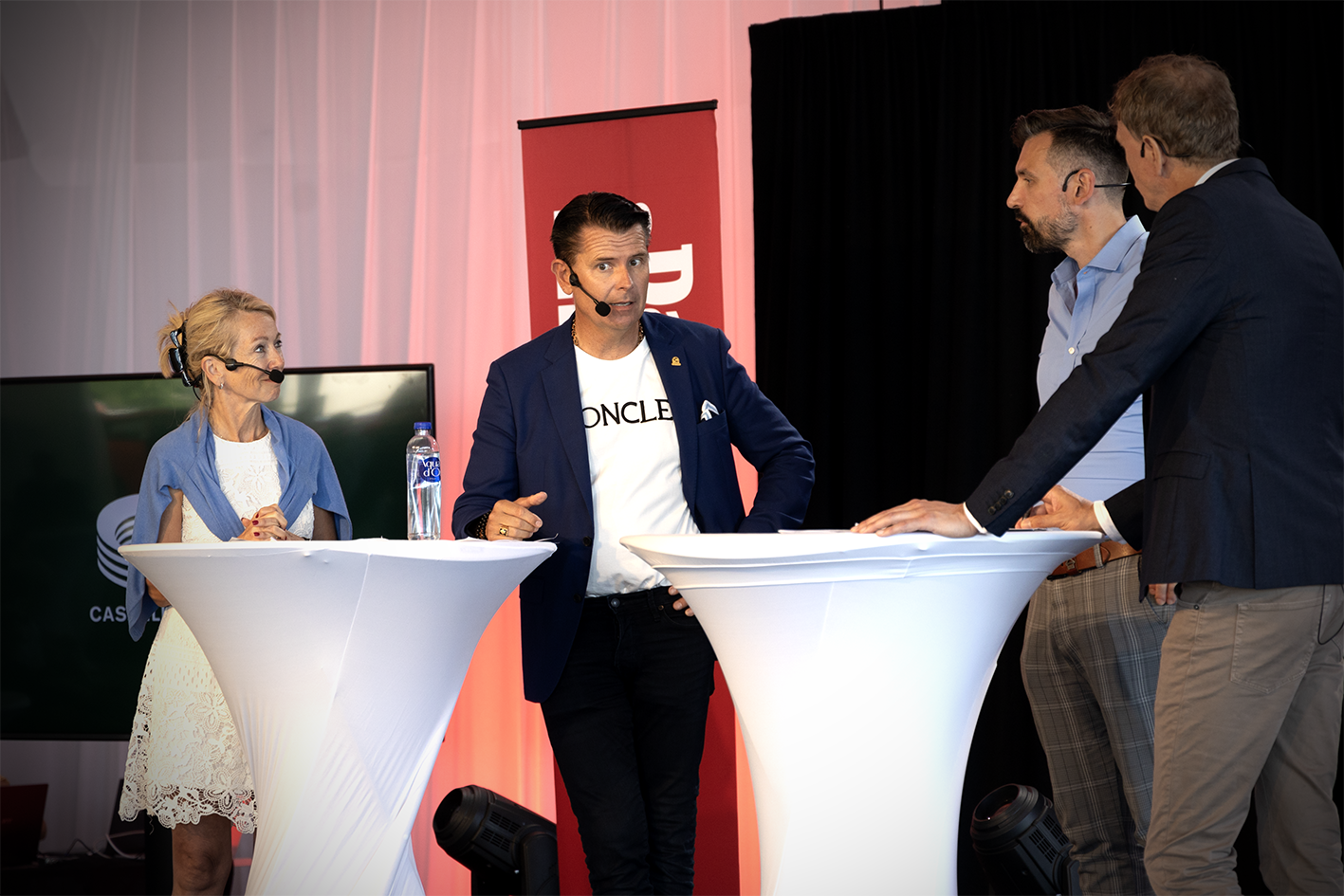2023-06-28
The office is back to stay
A new survey on office workers’ expectations of work life and the office as a workplace shows that 9 out of 10 office workers in the Nordic region have the office as their workplace for at least half of the workweek. Additionally, 2 out of 3 consider the office to be very or quite important for their social life.
– We are in a new situation after the pandemic. Now we are on the other side and need to analyze the opportunities we have and the dangers that exist, says Paulina Brandberg, Minister for Gender Equality and Deputy Minister for Labor Market.
The survey was conducted by the real estate company Castellum, and Heléne Lidström, Workplace Strategist at Castellum, released the report at a seminar on Dagens Industri’s stage in Almedalen.
Several conclusions from the report indicate that the office’s greatest advantage is the people who work there. On average, 62 percent cite colleagues as the most important aspect of the office. Additionally, the office is a generational issue. Younger colleagues differ from older colleagues in many aspects and are generally more positive towards the office.
Also present on the panel was Consid CEO Peter Hellgren. Consid has been named Sweden’s Best Employer for two consecutive years. The luxurious and well-appointed offices are a part of it.
– As a consulting company, we need to adapt to three different things. It’s about meeting the customer’s workplace preferences while also wanting to meet our employees’ preferences. Finally, we have to consider how our employees are doing, says Peter Hellgren.

According to Peter Hellgren, one challenge is to ensure that employees are well.
– We conduct an annual employee survey, employee conversations, and diversity and inclusion surveys. In addition to the larger surveys, we also conduct three shorter pulse measurements to gauge our colleagues’ well-being, motivation, balance, and satisfaction. We organize various types of employee care and culture-building activities for our colleagues, both within the consulting groups and at the local and national levels, says Peter Hellgren.
During the pandemic, a few things became clear regarding remote work.
– For some individuals, the lack of social interaction, isolation, and blurring of boundaries can have a negative impact on mental health. The absence of regular face-to-face meetings and social support systems in the workplace can contribute to feelings of loneliness, increased stress, and decreased overall well-being. Particularly, men around the age of 30 with limited social lives suffer from not being able to work in the office.
Regarding the future of offices, Peter Hellgren believes that we will continue to meet physically, but it is important for employers to continue creating a culture and environment where people want to meet.
– The need to meet physically will never disappear. I believe the office will still be our central place in five years. As employers, we must ensure that the office becomes the central place for our employees; otherwise, we won’t build culture, he says.
Heléne Lidström concludes the seminar by highlighting another aspect of meeting at the office and its importance in our lives:
– Another aspect of meeting at the office is that it is where we fall in love—it’s true! It’s not on Tinder, the surveys show that many people meet their love at the office!